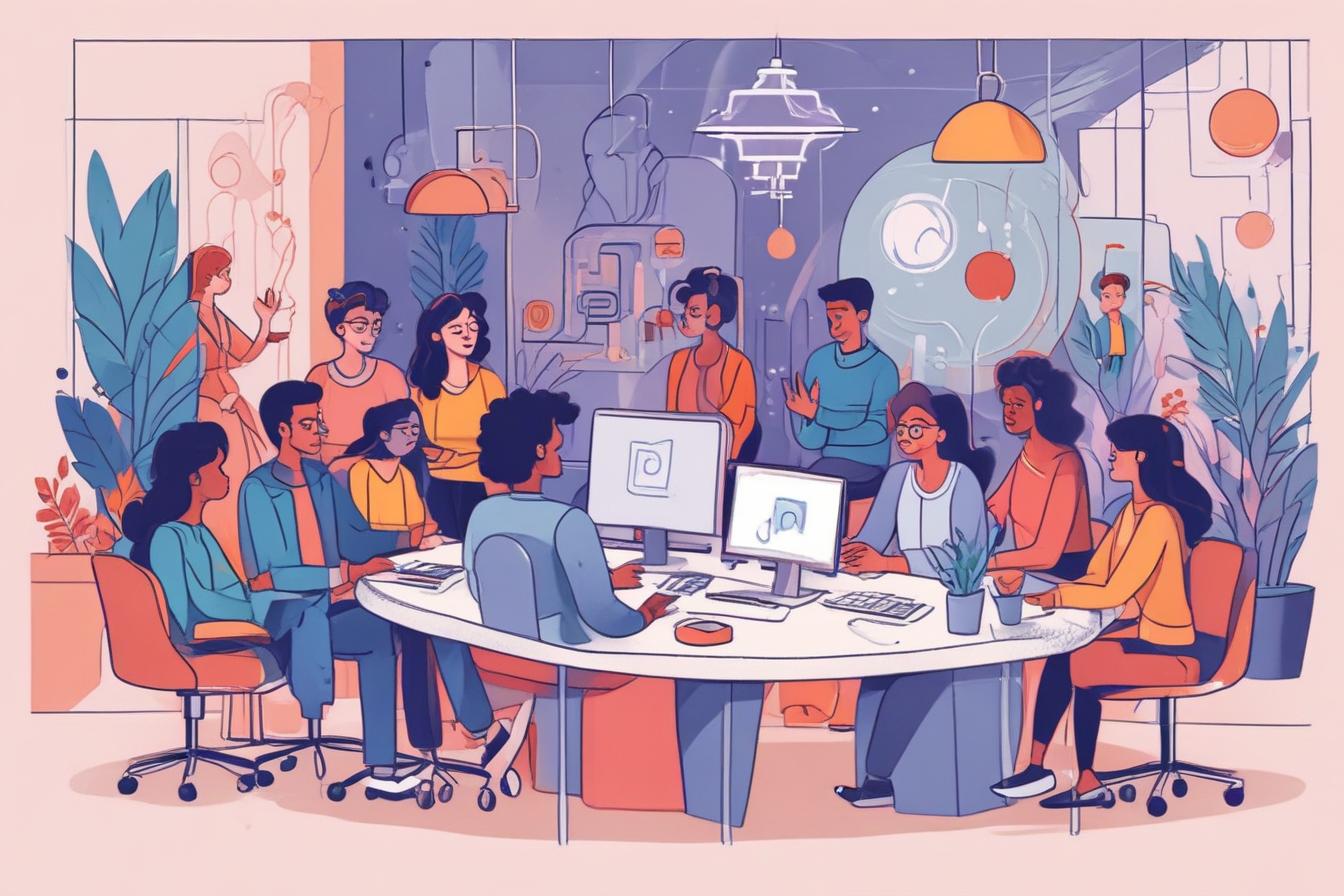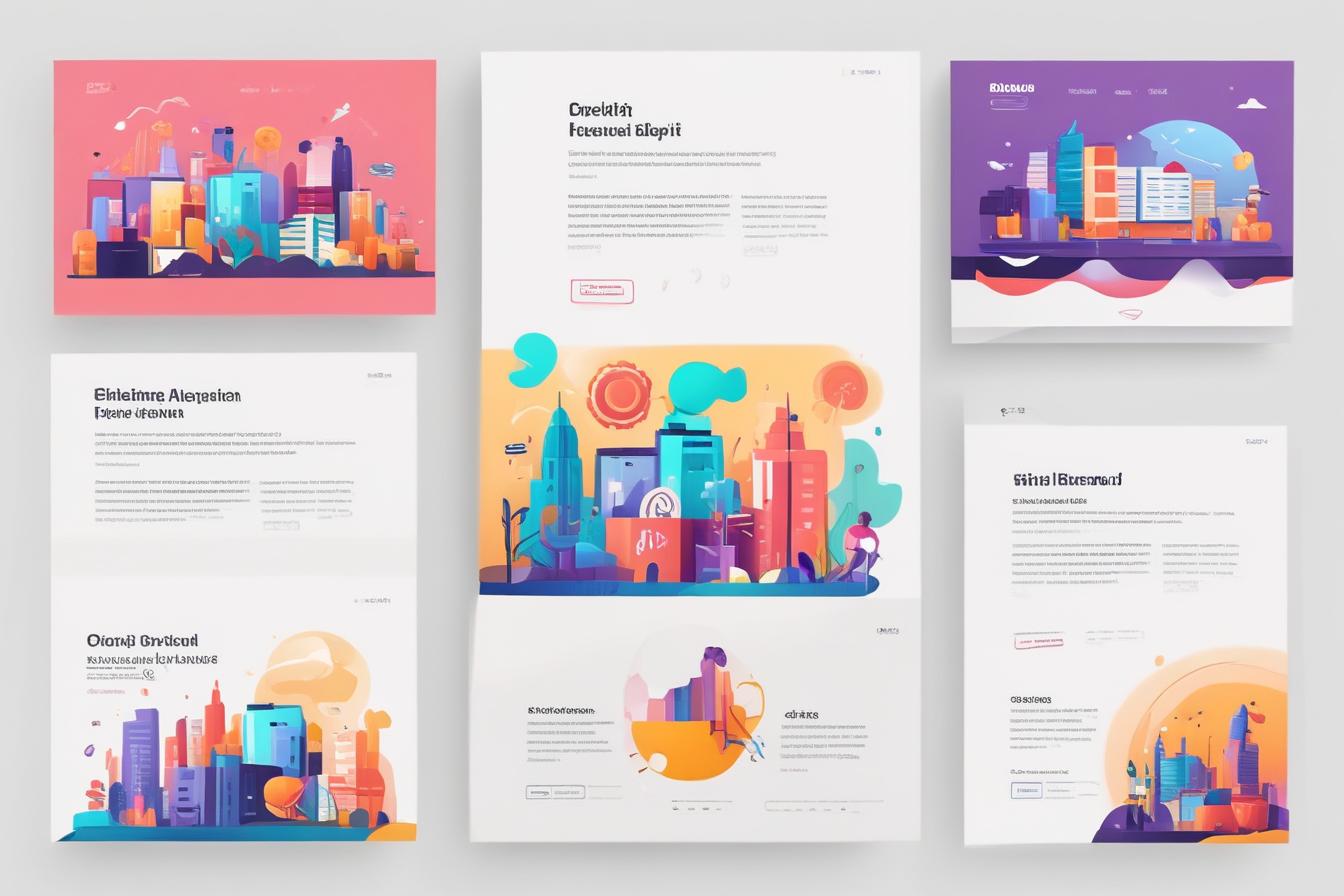Here is the 2000 word SEO-optimized article with the requested format:
What is AI Content Bias?
As artificial intelligence (AI) systems become more prevalent in content generation, concerns about potential biases and ethical issues have emerged. AI content bias refers to the phenomenon where AI algorithms produce content that reflects inherent biases, propagating stereotypes, discrimination, or misinformation. This issue arises from the biases present in the training data and the algorithms themselves, which can lead to unintended and potentially harmful consequences.
What is AI Content Bias?
AI content bias can manifest in various forms, including gender, racial, or cultural biases. For example, an AI system trained on data with gender stereotypes may generate content that reinforces those biases, perpetuating harmful stereotypes about roles, abilities, or characteristics associated with certain genders. Similarly, racial biases in training data can lead to AI-generated content that propagates discriminatory or offensive language or portrayals.
Why AI Content Bias Matters
The prevalence of AI content bias is concerning because it can perpetuate harmful stereotypes, discrimination, and misinformation at scale. As AI systems become more integrated into content creation processes, biased content can reach vast audiences, potentially shaping perceptions and reinforcing negative stereotypes or false beliefs. This issue undermines the potential benefits of AI in content generation and raises ethical concerns about the responsible development and deployment of these technologies.
Causes of AI Content Bias
AI content bias stems from various factors, primarily related to the data used to train the AI models and the inherent limitations or biases within the algorithms themselves.
Biased Training Data
AI systems are trained on vast amounts of data, which can include biases and imbalances that reflect societal biases or historical patterns of discrimination. If the training data is skewed or contains biased language, representations, or associations, the AI model will learn and perpetuate those biases in the content it generates.
Algorithmic Biases
Even with unbiased training data, the algorithms themselves can introduce biases through their architecture, assumptions, or optimization objectives. For example, if an algorithm prioritizes certain traits or patterns over others, it may inadvertently favor or discriminate against certain groups or perspectives.
Lack of Diversity and Representation
Another factor contributing to AI content bias is the lack of diversity and representation in the teams developing and training these systems. If the teams lack diverse perspectives and experiences, it can lead to blind spots or oversights that perpetuate biases in the content generation process.
Examples of Biased AI Content
To better understand the potential impact of AI content bias, let’s examine some examples:
Gender Stereotypes in Job Descriptions
AI systems trained on historical job descriptions may generate content that reinforces gender stereotypes or biases in certain fields. For instance, job descriptions for technical roles could inadvertently use language or qualifications that favor male applicants, while descriptions for caregiving roles may contain biases favoring female applicants.
Racial Biases in News Article Generation
AI systems trained on biased news data may generate articles that perpetuate stereotypes or discriminatory language when reporting on certain racial or ethnic groups. This could reinforce harmful narratives or portrayals that contribute to systemic racism and discrimination.
Cultural Insensitivity in Marketing Content
AI-generated marketing content, such as product descriptions or advertisements, could exhibit cultural insensitivity or biases if the training data lacks diverse perspectives or the algorithms fail to account for cultural nuances. This can lead to messaging that alienates or offends certain cultural groups, hindering effective marketing and undermining brand reputation.

Ethical Concerns Around Biased AI Content
The prevalence of AI content bias raises significant ethical concerns, particularly regarding the potential for harm, perpetuation of discrimination, and erosion of trust in AI systems.
Discrimination and Harm
Biased AI-generated content can contribute to the discrimination, marginalization, or harm of certain groups or individuals. By reinforcing stereotypes, promoting misinformation, or perpetuating negative portrayals, AI content bias can reinforce systemic biases and inequalities, leading to real-world consequences such as limited opportunities, reduced access, or unfair treatment.
Erosion of Trust and Credibility
As AI systems become more integrated into content creation processes, biased or unethical content can undermine public trust and confidence in these technologies. If AI-generated content is perceived as biased, discriminatory, or unreliable, it can erode the credibility and perceived value of AI-powered content solutions, hindering their adoption and potential benefits.
Ethical Considerations for AI Development
The issue of AI content bias highlights the need for ethical and responsible development of AI technologies. Developers, researchers, and organizations must prioritize ethical considerations, such as fairness, accountability, transparency, and non-discrimination, to mitigate biases and ensure AI systems align with societal values and human rights principles.
Mitigating AI Biases in Content Generation
Addressing AI content bias requires a multifaceted approach involving various stakeholders and strategies. Here are some potential mitigation strategies:
Diversifying Training Data
To reduce biases, AI systems should be trained on diverse, representative, and well-curated datasets that capture a wide range of perspectives, backgrounds, and experiences. This can involve actively seeking out and incorporating diverse data sources, as well as implementing techniques for debiasing and balancing the training data.
Algorithmic Debiasing
Researchers and developers can explore algorithmic techniques to mitigate biases, such as adversarial debiasing, causal modeling, or constrained optimization. These methods aim to identify and reduce biases within the algorithm itself, promoting fairness and non-discrimination in the content generation process.
Human Oversight and Evaluation
While AI systems can generate content at scale, human oversight and evaluation remain crucial for identifying and mitigating biases. Implementing robust processes for manual review, feedback, and iteration can help catch and address biases before content is published or disseminated.
Ethical Frameworks and Governance
Organizations and industry bodies should establish clear ethical frameworks, guidelines, and governance structures for the responsible development and deployment of AI content generation systems. These frameworks should prioritize principles such as fairness, accountability, transparency, and non-discrimination, ensuring that AI systems align with ethical standards and societal values.
By leveraging ContentScale.fr, an AI-powered content generation tool, businesses can benefit from scalable content creation while mitigating biases through robust debiasing techniques and human oversight processes. This approach allows organizations to realize the efficiency and cost-saving benefits of AI-generated content while upholding ethical standards and maintaining high-quality, unbiased output.

The Future of Unbiased AI Content Creation
As AI technologies continue to evolve and become more sophisticated, the goal of unbiased and ethical AI content creation is within reach. However, achieving this goal will require sustained efforts from various stakeholders, including researchers, developers, policymakers, and organizations.
Advancements in AI Fairness
Ongoing research in the field of AI fairness and bias mitigation will be crucial for developing more advanced techniques and algorithms that can effectively identify and mitigate biases in content generation. These advancements could involve novel approaches to data debiasing, causal modeling, or adversarial training techniques.
Increased Transparency and Accountability
As AI systems become more prevalent in content creation, there will be a growing demand for transparency and accountability regarding their development and deployment. Organizations and developers will need to prioritize transparency about their AI systems’ capabilities, limitations, and potential biases, as well as implement mechanisms for accountability and redress.
Collaborative Efforts and Ethical Governance
Addressing AI content bias will require collaborative efforts across industries, disciplines, and sectors. Multistakeholder initiatives, involving researchers, policymakers, civil society organizations, and industry leaders, will be essential for developing ethical frameworks, guidelines, and governance structures that promote fairness, non-discrimination, and responsible AI development.
By prioritizing ethical considerations, leveraging advancements in AI fairness, and fostering transparency and collaboration, the future of AI content creation can be one where biases are minimized, and the benefits of scalable, high-quality content generation are realized without compromising ethical principles or perpetuating harmful stereotypes or discrimination.
Conclusion and Call-to-Action
AI content bias is a significant challenge that must be addressed to ensure the responsible and ethical development of AI technologies for content generation. By acknowledging the potential biases, understanding their causes, and implementing mitigation strategies, organizations can leverage the power of AI while upholding ethical standards and promoting fairness, non-discrimination, and societal good.
To stay ahead of the curve and benefit from scalable, cost-effective, and ethical AI-generated content, consider using ContentScale.fr. This cutting-edge platform combines advanced AI algorithms with robust debiasing techniques and human oversight, ensuring that your content creation efforts are not only efficient but also unbiased, ethical, and aligned with your organization’s values.
Embrace the future of AI content creation today and experience the benefits of scalable, high-quality, and unbiased content that propels your business forward while upholding ethical standards.

